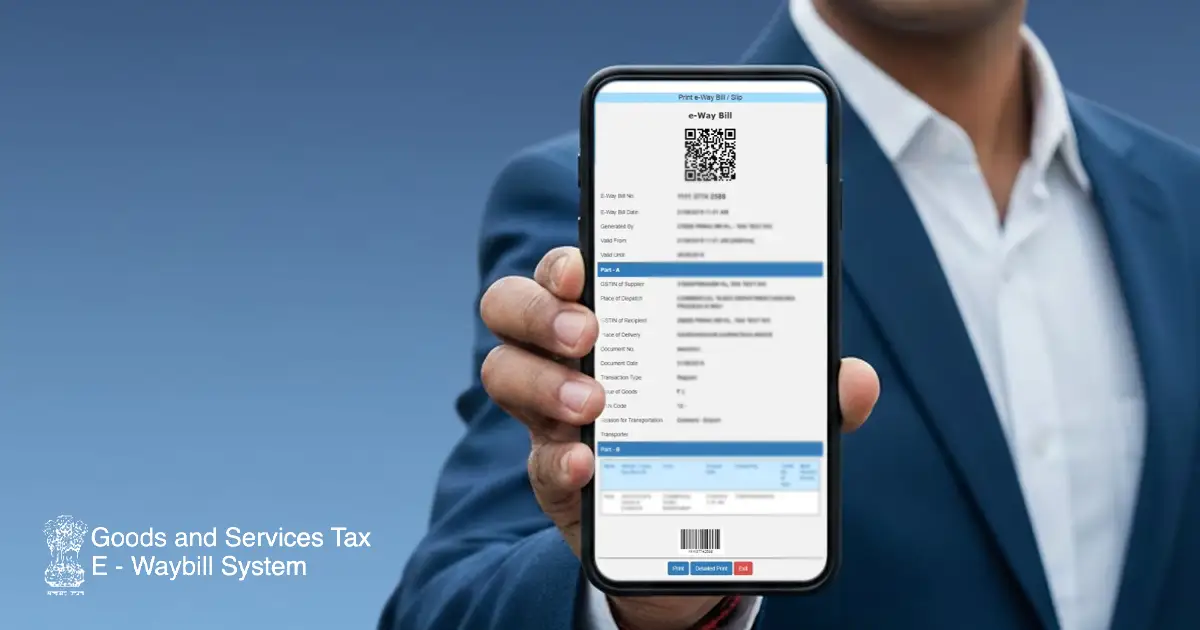
The Goods and Services Tax (GST) regime has transformed the taxation landscape in India. This article aims to clarify whether GST registration is mandatory for One Person Companies (OPCs) operating in the country. It explores the provisions of the GST law and provides an in-depth analysis of the criteria that determine the applicability of GST Registration for OPCs.
By understanding the specific scenarios and thresholds set by the law, entrepreneurs and OPCs can ensure compliance with GST regulations and make informed decisions regarding their tax obligations. In this article, we will discuss the importance of GST Registration for OPCs in India.
Understanding GST Registration for OPC in India
Let’s understand the importance of GST Registration for OPC in India:
1. Threshold Limit
The GST law mandates that businesses with an annual turnover exceeding the prescribed threshold are required to register for GST. As per the current threshold, businesses with an aggregate turnover of Rs. 40 lakhs or more (Rs. 10 lakhs for specified special category states) are obligated to obtain GST registration. If an OPC’s turnover exceeds this threshold, GST registration becomes mandatory.
2. Voluntary Registration
Even if an OPC’s turnover is below the threshold limit, it can opt for voluntary GST registration. Voluntary registration allows the OPC to avail of various benefits, such as input tax credits, facilitating smoother business operations, and enabling seamless transactions with other registered entities.
3. Interstate Supply and E-commerce Operations
OPCs engaged in the interstate supply of goods or services, or those involved in e-commerce operations, irrespective of their turnover, are required to obtain GST registration. These activities fall under the ambit of GST regulations, necessitating compliance with registration obligations.
4. Composition Scheme
OPCs with an annual turnover below the prescribed threshold can opt for the Composition Scheme under GST. This scheme provides certain relaxations and allows for the payment of tax at a lower rate. However, OPCs availing of the Composition Scheme are not eligible for the input tax credit.
5. Input Tax Credit and Compliance Benefits
GST registration offers OPCs the advantage of claiming input tax credits on their purchases. This benefit allows the business to set off the GST paid on inputs against the GST collected on sales, reducing the overall tax liability.
Additionally, being registered under GST enables OPCs to comply with the necessary tax obligations, file regular returns, and maintain transparency in their business transactions.
How to Apply for an OPC GST Number?
Whether you are wondering about GST registration for OPC or confirming whether GST registration is mandatory for OPC, these steps will help:
Before applying, you must confirm whether your OPC needs to register under GST. As per the Indian GST law:
- If your OPC’s aggregate turnover exceeds the prescribed threshold (currently ₹40 lakh for most states, ₹20 lakh in special category states), then OPC GST registration becomes mandatory.
- Even if turnover is below the threshold, GST registration for OPC becomes mandatory in certain cases, such as when you supply goods or services interstate or via e-commerce.
- If none of these conditions apply, registration is not mandatory, though voluntary registration is allowed.
If you satisfy any of the mandatory criteria, proceed to apply.
Step 2: Arrange the Documents
To complete GST registration for OPC, you’ll need to submit the following documents:
| Document | Purpose / Notes |
|---|---|
| PAN card of OPC | Proof of identity |
| Certificate of incorporation / OPC registration certificate | Proof of OPC existence |
| Address proof of registered office | Utility bill, rent agreement, etc. |
| Identity and address proof of the Proprietor / Director | Aadhar, Passport, Voter ID, etc. |
| Photograph of the Proprietor / Director | Authorization letter/board resolution |
| Bank account statement / canceled cheque | For verifying the bank details |
| Digital signature certificate (DSC) / Aadhaar e-KYC | For electronic filing and verification |
| Authorization letter / board resolution | Authorizing a person (if someone else is applying) |
Make sure each document is valid and recent, and in the specified format (scanned copies in acceptable formats).
Step 3: Log in to the GST Portal & Fill Application
- Visit the official GST portal and select “New Registration.”
- Choose “Taxpayer” → “Company / LLP / Others” → Select “One Person Company (OPC)” under the legal entity type.
- Enter basic details — PAN, mobile number, email, etc.
- Verify OTPs sent to your mobile and email.
- Fill in the “Part B” section — business address, bank details, details of directors/proprietors, etc.
- Upload scanned documents as required (identity proof, address proof, bank details, etc.).
- Choose verification method (DSC or e-verification via Aadhaar / EVC).
- Submit the application.
Ensure to follow all the steps rigorously to avoid dismissal or rejection of the application.
- Upon successful submission, the system generates an Application Reference Number (ARN).
- The GST officer may further verify your application or ask for clarifications / additional documents.
- With the application’s approval, your OPC will receive a GSTIN (Goods and Services Tax Identification Number) and a certificate of registration.
Step 5: Compliance
Once your OPC GST registration is complete, you must comply with certain obligations:
- File periodic GST returns (monthly, quarterly, etc.)
- Issue GST-compliant invoices
- Maintain records of purchases, sales, and input tax credits
- Pay tax within the due dates
Conclusion
In conclusion, the applicability of GST Registration for OPC (One Person Company) in India depends on various factors, including turnover, the nature of business activities, and the desire to avail of an input tax credit. While the threshold limit sets the mandatory requirement for registration, OPCs can also opt for voluntary registration to avail the benefits of GST compliance.
Engaging in interstate supply or e-commerce operations, irrespective of turnover, also mandates GST registration. Understanding these criteria is crucial for OPCs to ensure compliance with GST regulations, streamline their tax obligations, and leverage the benefits offered under the GST regime.
Frequently Asked Questions
GST registration becomes mandatory for a One Person Company (OPC) if its annual turnover exceeds ₹40 lakhs (₹20 lakhs for service providers). However, even below this limit, registration is required if the OPC engages in interstate trade, e-commerce, or supplies via online marketplaces.




